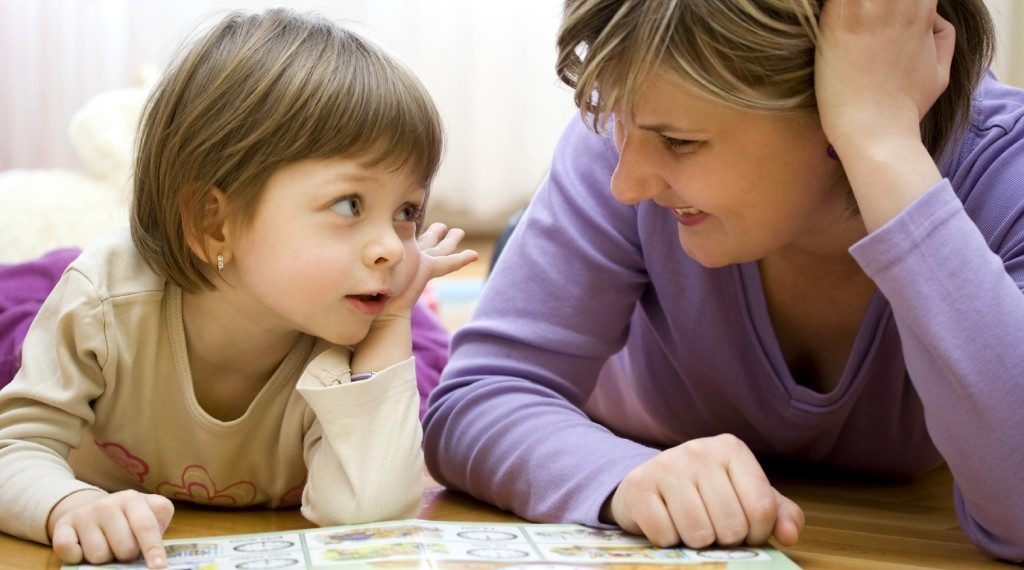PALM SPRINGS (Realist English). Michele Borba, Ed. D., spoke in an article for CNBC about the skills that make children successful.
“Studies do show, however, that children who attribute their grades to their own efforts and strengths are more successful than kids who believe they have no control over academic outcomes. Real self-confidence is an outcome of doing well, facing obstacles, creating solutions and snapping back on your own. Fixing your kid’s problems or doing their tasks for them only makes them think: “They don’t believe I can.” Real self-confidence is an outcome of doing well, facing obstacles, creating solutions and snapping back on your own. Fixing your kid’s problems or doing their tasks for them only makes them think: “They don’t believe I can.” Kids who have self-assuredness know they can fail but also rebound.” reminds the expert.
Borba draws attention to the need for empathy, “when we share other people’s feelings and feel their emotions.” The psychologist divides empathy itself into behavioral, when “empathic concern rallies us to act with compassion” and the cognitive one, ” when we understand another’s thoughts or step into their shoes.”
Children need the opportunity to express their feelings safely. Borba suggests creating this space by sharing your emotions with your child: “I haven’t slept much, so I’m irritable. I’m frustrated with this book.”
The expert calls the ability to control one’s attention, emotions, thoughts, actions and desires one of the strengths closely related to success: one of the ways to teach self—control is to send signals. Some children find it difficult to switch their attention between classes. That’s why teachers use such “attention signals” as ringing a bell or verbal signals: ” Pencils down, eyes up.” Borba calls for developing such signals and practicing together. For example: “If you’re mad, count to 10 before you answer.”; “When in doubt: Stop, think, cool off.”
According to the psychologist, an important element of education is honesty, which is a set of acquired beliefs, abilities, attitudes and skills that create a moral compass for the child. It is important to give them the space to develop their own moral identity, says the Borba.
The success of children is also associated with curiosity — the desire to explore new and complex subjects. To help children develop curiosity, the expert encourages the use of toys, gadgets and games: “Give them paint, yarn and popsicle sticks to create constructions. Or offer paper clips and pipe cleaners and challenge your kids to see how many unusual ways they can use them.”
Special attention of parents deserves perseverance, which should be instilled in children: “Mistakes can derail kids from getting to the end and succeeding. So don’t let your kid catastrophize their problem. Instead, help them zero in and identify their stumble. Some kids give up because they feel overwhelmed with “all the problems” or “all their assignments.” Chunking tasks into smaller parts helps kids who have difficulties focusing or getting started.”


















